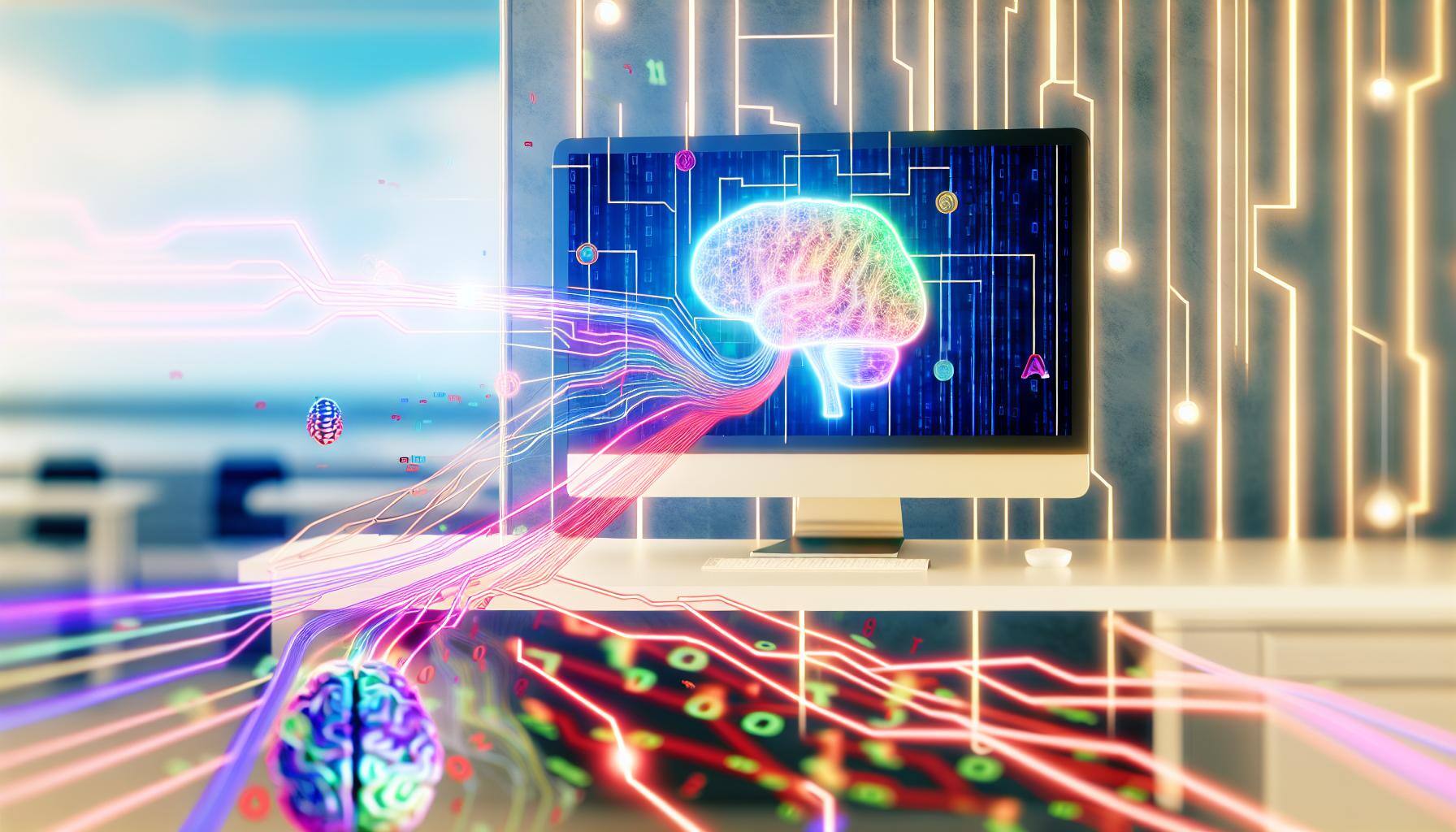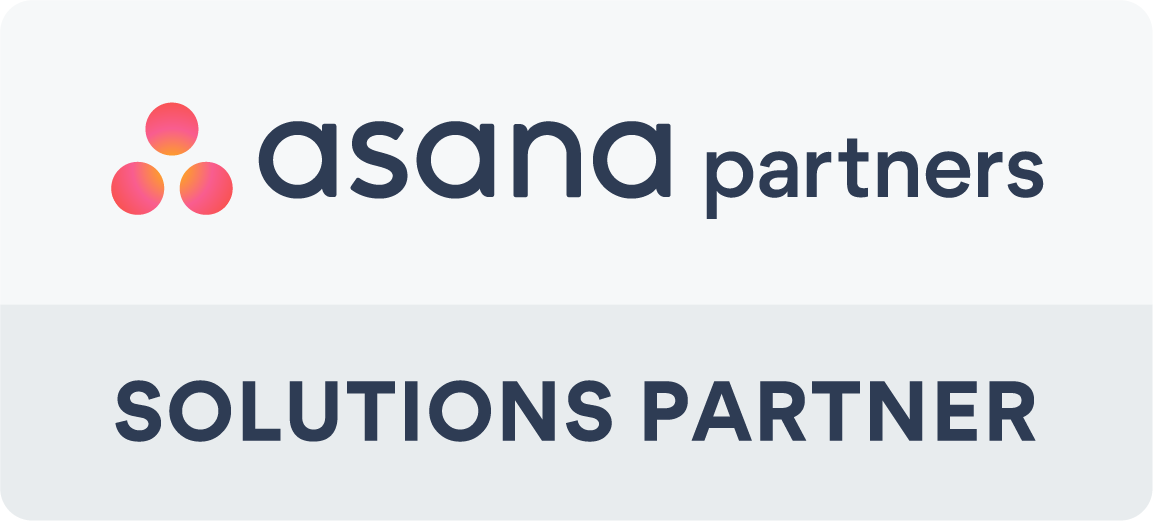Artificial Intelligence (AI) is revolutionizing the way we live and work, with its applications spanning from healthcare to finance. Understanding AI's fundamentals, applications, and future potential is crucial in today's tech-driven world. For a comprehensive look at what AI entails, including its history, types, benefits, and challenges, delve into McKinsey's detailed report on AI.
Introduction to AI
Artificial Intelligence (AI) refers to a machine's capability to perform tasks that typically require human intelligence. These tasks include learning, reasoning, problem-solving, perception, and language understanding.
Historical Background
The journey of AI began in the mid-20th century, significantly influenced by the ideas of Alan Turing. Over the decades, AI has evolved from simple calculators to sophisticated systems like voice assistants and self-driving cars.
Types of AI
-
Machine Learning (ML): A subset of AI, ML involves algorithms that improve through experience. It processes large data sets to detect patterns and make predictions.
-
Deep Learning: An advanced form of ML that uses neural networks to analyze various data types, often producing more accurate results.
-
Generative AI: This model creates content based on prompts, evident in tools like ChatGPT and DALL-E.
Applications and Benefits
AI has vast applications across industries:
- Business: Enhances efficiency, productivity, and decision-making.
- Healthcare: Improves diagnostics and personalized medicine.
- Finance: Detects fraud and manages risks.
Challenges and Considerations
Despite its benefits, AI presents challenges such as biases, ethical considerations, and the need for regulatory frameworks. Companies must adopt transparent practices and robust governance structures to mitigate risks.
The Future of AI
The future holds immense potential for AI, with advancements in Artificial General Intelligence (AGI) aiming for machines that can perform any intellectual task a human can. However, this remains a long-term goal with significant hurdles to overcome.
For more detailed insights, visit McKinsey's AI Explainer.
Closing Thoughts
AI is transforming the world at a rapid pace. Understanding its fundamentals, applications, and implications is crucial for navigating the future landscape of technology and innovation.



